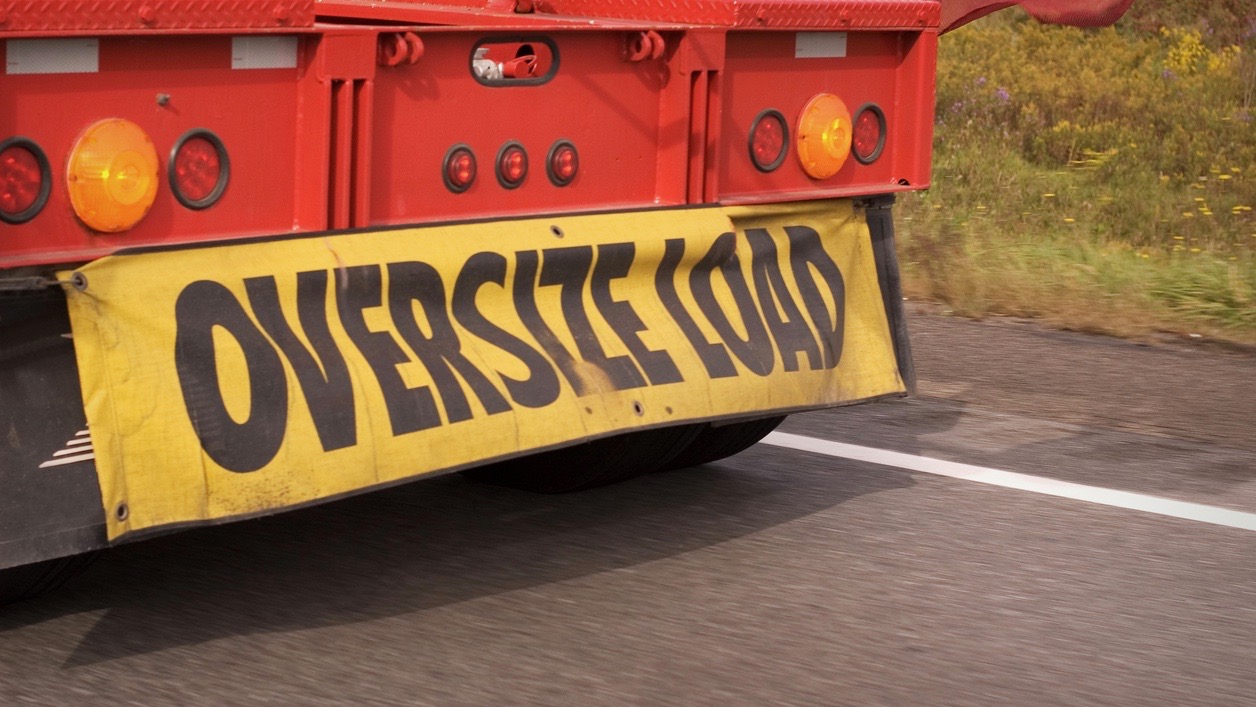The trouble with moving stocks to a TFSA
Private placements can pay off, but you're going to have to take a hit on capital gains
Advertisement
Private placements can pay off, but you're going to have to take a hit on capital gains

READ: Find out how much TFSA room you have with our toolThere’s not a lot you can do in this case but consider the basic formula for determining a capital gain or loss: The capital gain/loss = The proceeds of the distribution (sale value) – adjusted cost base (what you paid for it) – outlays and expenses. The formula is important because if you can work the formula, you may be able to reduce your taxes. You probably can’t adjust the sale price or what you paid for the shares, but what about the expenses? Did you have to pay your broker anything when you purchased the shares? What about when you transfer the shares? Subtract those costs from the transfer value and you’ll reduce the tax owing.
RELATED: Capital loss tax deductions from beyond the graveIf it’s any consolation, it will be capital gains tax you’ll have to pay so only 50% of the gain is taxable. Do you have RRSP room? Would it make sense for you to make an in-kind transfer to your RRSP instead? You’ll still have to pay the capital gains tax on the transfer.
READ: How to get the most out of the capital gains exemptionI don’t know the value or purpose of your stock holding but the RRSP tax refund will be larger than the capital gains tax owing. You could use the remaining RRSP tax refund to contribute to your TFSA. This approach will leave you with more money invested. With either approach, you’ll have to pay the capital gains tax on the transfer. The good news is you made money on your stock purchase. Allan Norman, M.Sc., CFP, CIM, is a certified financial planner and chartered investment manager at Atlantis Financial/IPC Investment Corp.
Share this article Share on Facebook Share on Twitter Share on Linkedin Share on Reddit Share on Email